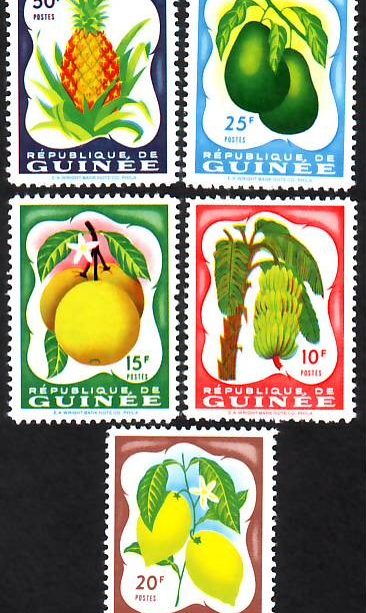The Current State of Guinea: Progress and Challenges

Introduction
Guinea, a country in West Africa bordered by the Atlantic Ocean, is known for its rich natural resources and cultural diversity. With a history marked by colonisation and subsequent efforts towards independence, the nation continues to evolve. Its importance in the region only grows as it faces numerous challenges and opportunities, particularly in the realms of politics and economic development.
Current Political Landscape
Guinea has been on the global radar recently due to its political turmoil. Following the military coup in September 2021 that ousted President Alpha Condé, Colonel Mamady Doumbouya has led the transitional government. The military junta has promised a return to civilian rule, although concrete timelines have yet to be established, causing uncertainty amongst citizens and international observers alike.
In light of ongoing discussions regarding the country’s transition, various groups, including civil society organisations, have been adamant about the need for inclusive dialogue to ensure a peaceful and democratic transition. This commitment to dialogue is essential for Guinea’s stability and the promotion of good governance.
Economic Developments
Economically, Guinea stands out as one of the world’s largest producers of bauxite, a key ingredient in aluminium production. The mining sector plays a substantial role in the nation’s economy, contributing significantly to state revenues and foreign exchange. Recent investments from international companies have further bolstered the mining industry, though concerns regarding environmental sustainability and the rights of local communities persist.
The agricultural sector, meanwhile, remains underdeveloped despite the potential for economic diversification. Efforts to enhance crop production and introduce modern farming techniques are underway, aimed at improving food security and livelihoods for rural populations.
Social Challenges and Outlook
On the social front, Guinea grapples with challenges such as high poverty rates and limited access to education and healthcare. The COVID-19 pandemic exacerbated existing issues, highlighting the need for improved public health infrastructure and social services. Moreover, young people represent a significant portion of the population, and their engagement will be crucial for Guinea’s future development.
The significance of Guinea’s journey lies in its resilience in the face of adversity. As the nation works towards strengthening democratic institutions and fostering economic growth, the international community’s support could play a vital role in enhancing stability and development prospects.
Conclusion
In conclusion, Guinea stands at a pivotal moment in its history, balancing a transition towards democracy while navigating economic challenges. The commitment of governmental and non-governmental entities to build a more stable and prosperous nation is essential for its citizens. As Guinea moves forward, the focus should remain on inclusivity, sustainable development, and empowering the youth, which will be critical for navigating the complexities of the future.








